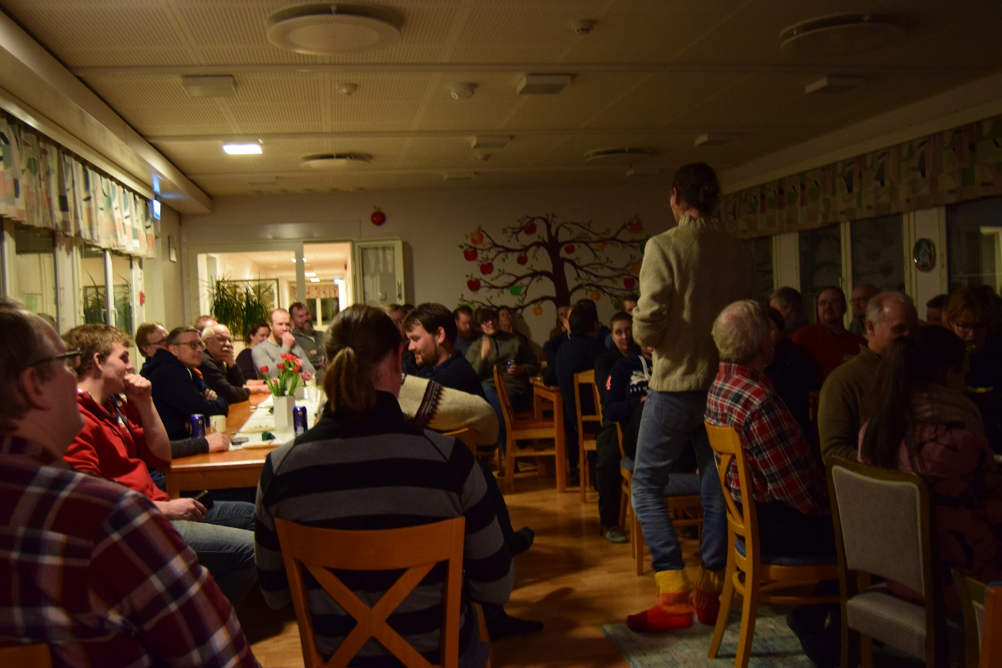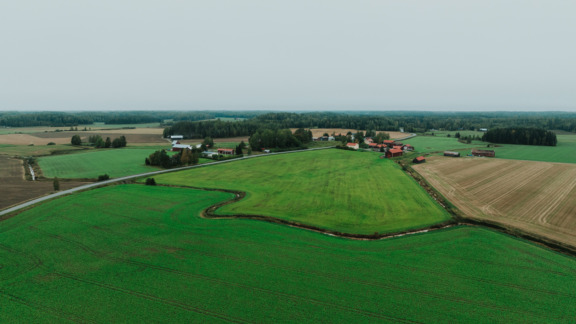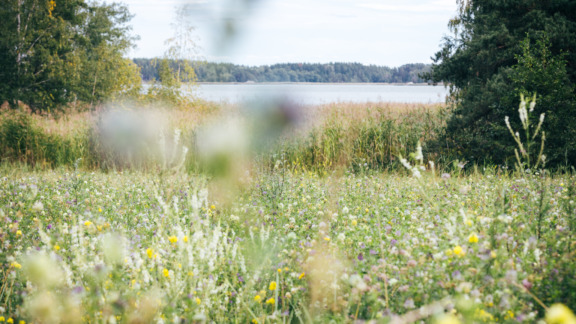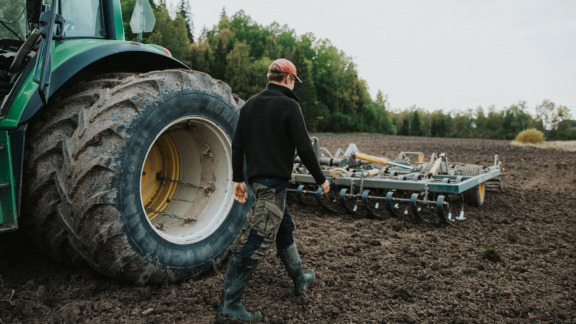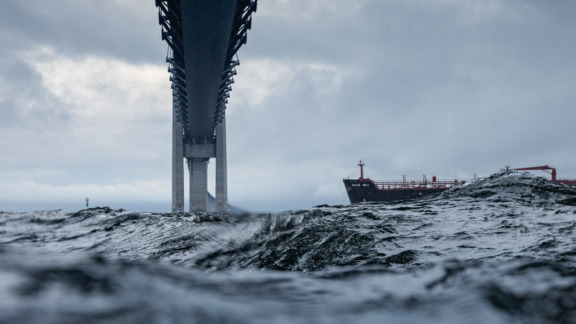TRAINING IN HAUHO: FROM CARBON PATHS TO CARBON HIGHWAYS
The Carbon Action pilot project was started at the end of 2017 by Baltic Sea Action Group and the Finnish Meteorological Institute and funded by Sitra. The project is researching ways to accelerate the storage of carbon from the atmosphere to farmlands, to scientifically verify the carbon storage, while also advancing carbon storing farming practices (or carbon farming) on Finnish farms. In addition to managing the Carbon Action project as a whole, BSAG is responsible for the collaboration with and the training of the over one hundred farmers who participate in the project. The role of the Meteorological Institute is to not only carry out research on carbon storage, but also to coordinate scientific collaboration between many parties.
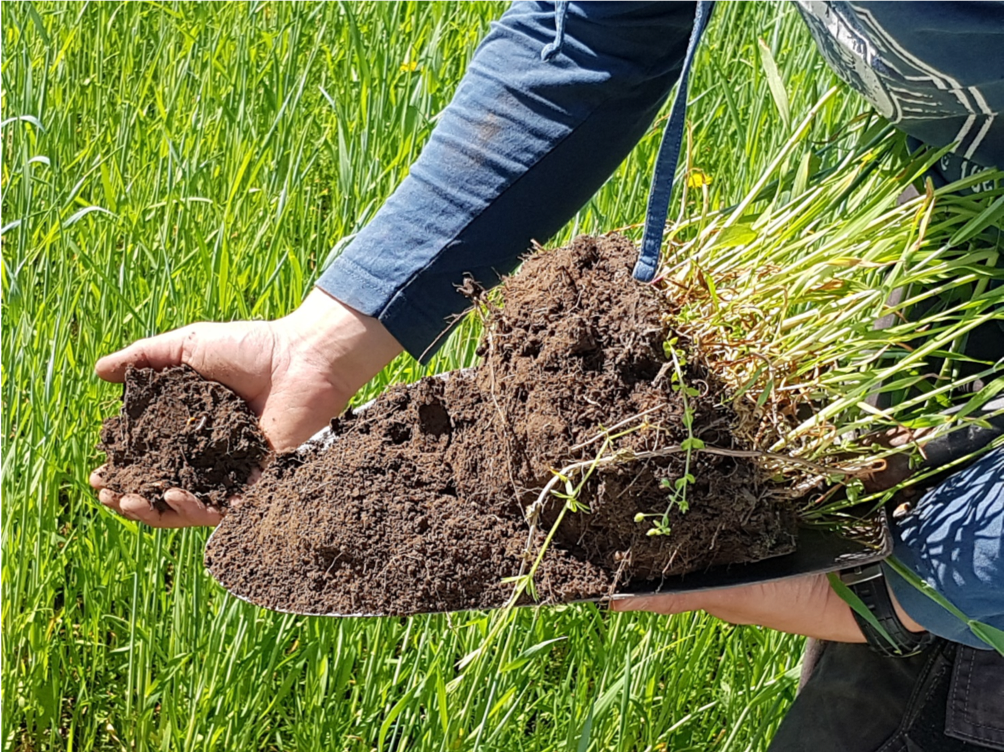
INNOVATIVE EXPERTS IN ILORANTA
Over one hundred farms from all over Finland participate in Carbon Action. The project now receives funding from new partners, such as the Maj and Tor Nessling Foundation. With funding from the Foundation, training was organized for carbon farmers in Hauho Iloranta during some of the most beautiful winter days in February 2019. The training at Iloranta was continuation of some training events organized in 2018, which provided basic information on carbon storage and farming methods.
In Iloranta, carbon farmers gathered to deepen their knowledge of measures to further carbon storage and to meet other carbon farmers. The two-day training included expert lectures and work in small groups. More than half of Carbon Action’s 110 carbon farmers came to Iloranta and the rest were offered an opportunity to follow the first day online.
The atmosphere at Iloranta was intense and enthusiastic. The farmers, who had already studied many aspects of carbon sequestration, were looking for more knowledge and did not hesitate to challenge the experts with tricky questions. One of the most popular parts of the program was the whole hour set aside for any and all questions the farmers may have. Even after the Q&A session many questions were left, and participants would have liked to go deeper into the soil microbiology, carbon storage and processing methods. The challenge for future training is to satisfy the hunger for knowledge in a sufficiently deep and concrete way. Fortunately, the carbon farmers are active and search for knowledge themselves, also sharing their experiences and learning together in small groups.
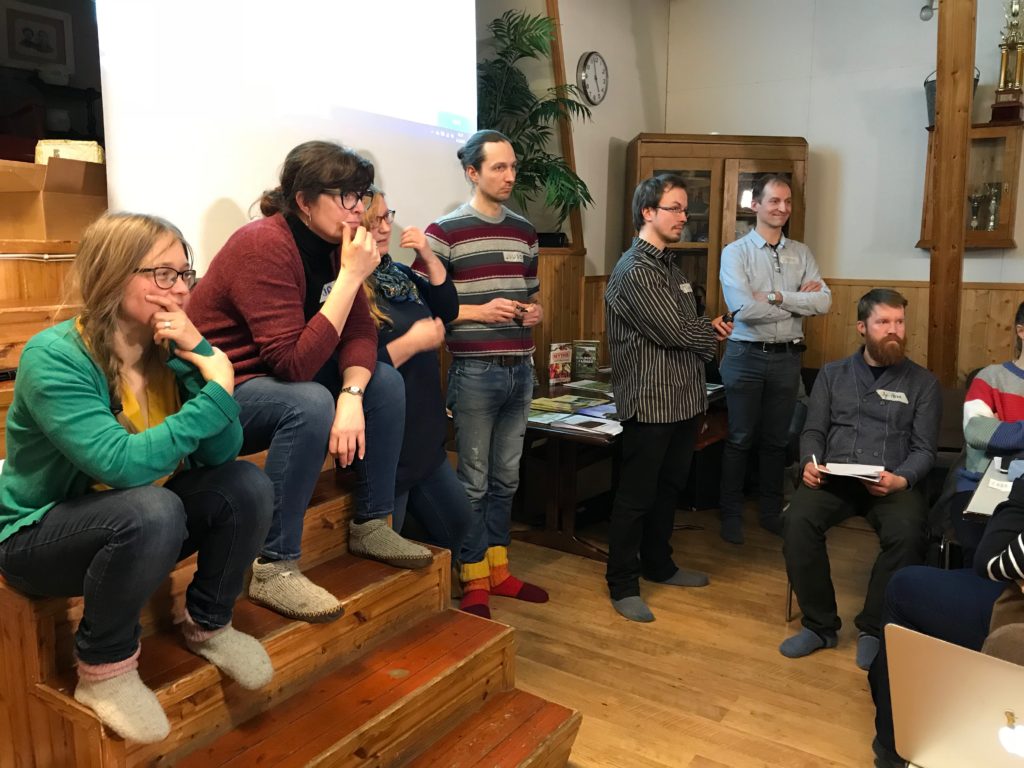
FRESH RESEARCH FROM NEAR AND FAR
Jussi Heinonsalo, a Senior Researcher from the Finnish Meteorological Institute, kicked off the first day by introducing the latest research data from both the world and the test facility Qvidja, which is located in Parainen in Southwestern Finland. Interesting results on measuring carbon release have already been obtained during the first year of Carbon Action.
The data reveals that the grassy field as a whole was a carbon sink, that is captured more carbon than it released, but overall the sink was quite small in the summer of 2018. “It’s likely that the carbon sink was modest because of the dry summer”, Heinonsalo reflected and added: “new measurement methods are being developed to detect even minor differences.”
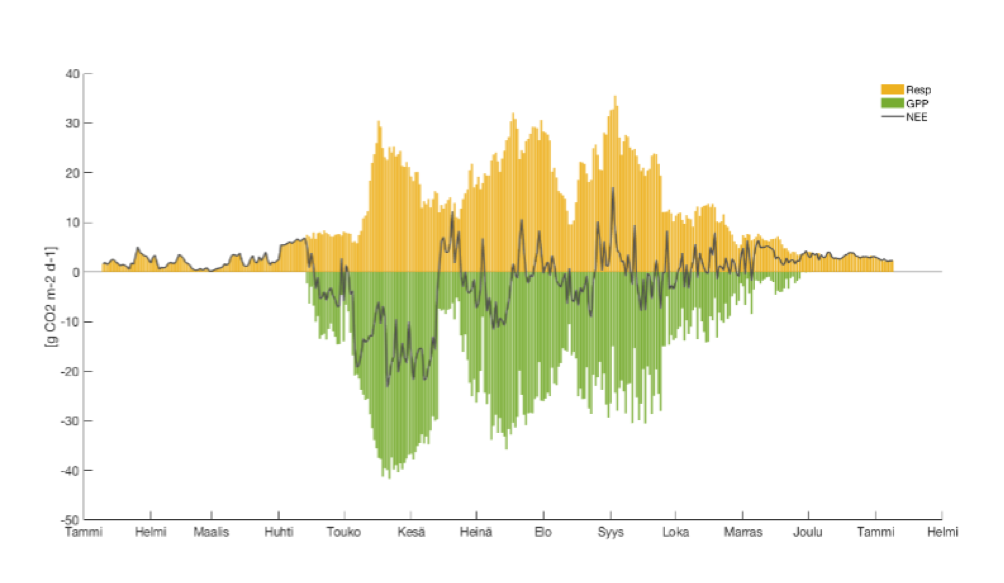
The first day also included a lecture about soil microbes by Ansa Palojärvi, Research Scientist from the Natural Resources Institute Finland Luke, a presentation about deep-rooted plants by the carbon farmer Jussi Talvitie, and the Carbon Action trainers and farmers Juuso Joona and Tuomas Mattila instructed the participants in how to get the most out of the work they’d do in small groups.
In addition to being fed by new information participants at Iloranta also enjoyed tasty organic food, produced and foraged as close by as possible. In the evening the smoke sauna was heated, and the first training day was rounded off with a shared evening programme.
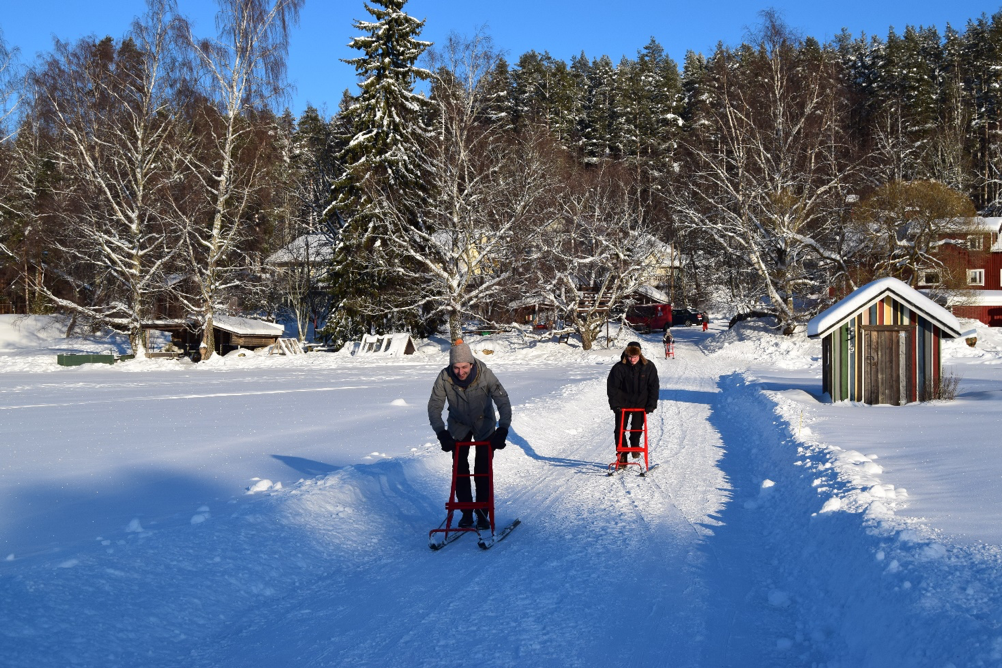
IN SMALL GROUPS
According to the feedback, most participants agreed that the greatest thing about the Carbon Action project was the possibility to meet and exchange experiences with other carbon farmers. To this end, the two-day training meeting was just what was needed. The participation of experts in the debate also brought fruitful content to the training, and the dialogue between researchers and farmers not only fed farmers’ hunger for knowledge, but also provided researchers with perspectives on practical farming.
The exchange of knowledge between the various actors at the meeting at Iloranta has further expanded. One of the purposes of the event was to form small groups around different carbon storage methods, and on the second day to seriously focus on the implementation of those methods. Agronomy students from the Jyväskylä University of Applied Sciences also participated in the work in the small groups as part of their studies. In addition to farmers and students, agricultural advisors also participated, so there were many sources for sharing expertise and exchanging information.
Small group activities raise the know-how of carbon farmers to new levels, as sharing expertise improves the skills of each group member. There is no sense in making the same mistakes as others have already made and sharing experiences of failure is particularly useful when practical methods are being piloted and researched, but results need to be achieved quickly. In addition, sharing your own mistakes and hearing about the ones others have made can be extremely funny and encouraging, as was proved at the evening event Mess up battle organized by Juuso Joona and Tuomas Mattila. But that’s another story, a very hilarious one.
